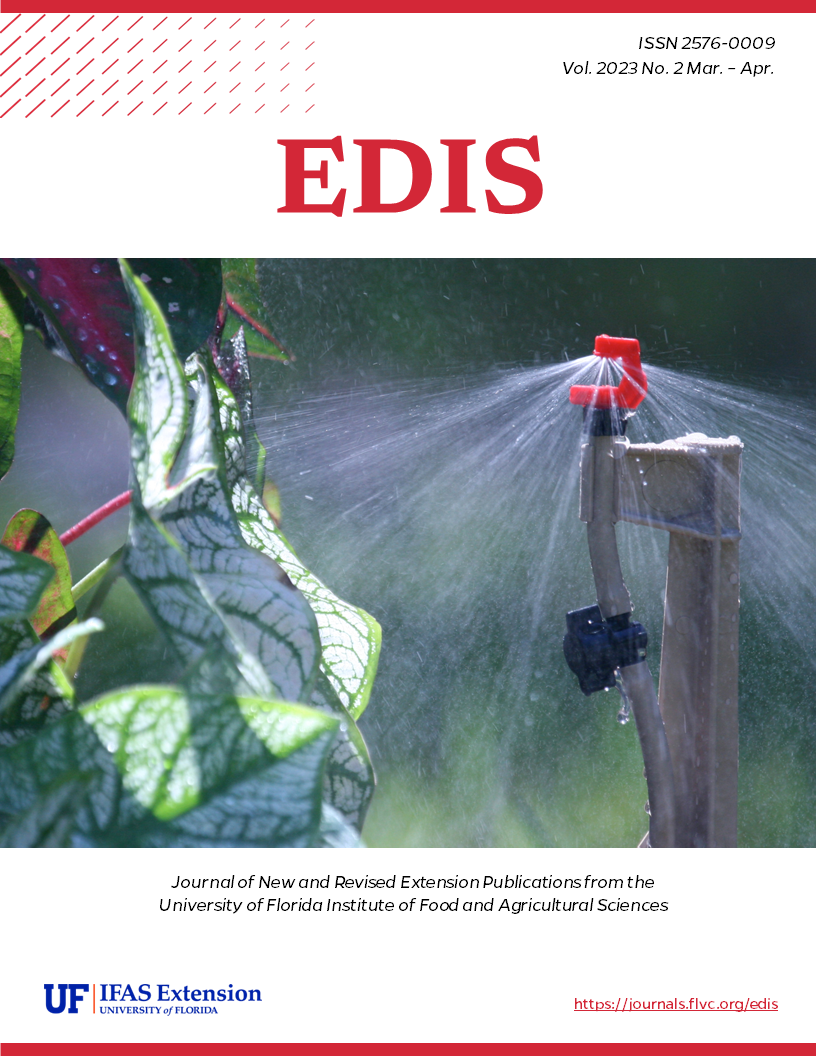Citas
Carroll RC. 1979. A comparative study of two ant faunas: the stem-nesting ant communities of Liberia, West Africa and Costa Rica, Central America. The American Naturalist 113: 551-561. https://doi.org/10.1086/283412
Creighton WS. 1950. The ants of North America. Bulletin of the Museum of Comparative Zoology at Harvard College, 691 pp. Retrieved from https://archive.org/details/ants_06224/6224/page/4/mode/1up?view=theater&q=pseudomyrmex
Deyrup M. 2017. Ants of Florida: identification and natural history. Boca Raton: Taylor & Francis Group, LLC. https://doi.org/10.1201/9781315368023
Guénard B, Weiser M, Gomez K, Narula N, Economo E. 2017. The Global Ant Biodiversity Informatics (GABI) database: a synthesis of ant species geographic distributions. Myrmecological News 24: 83-89.
Janicki J, Narula N, Ziegler M, Guénard B, Economo E. 2016. Visualizing and interacting with large-volume biodiversity data using client-server web-mapping applications: The design and implementations of antmaps.org. Ecological Informatics 32: 185-193. https://doi.org/10.1016/j.ecoinf.2016.02.006
Larsen A, Philpott SM. 2010. Twig-nesting ants: the hidden predators of the coffee berry borer in Chiapas, Mexico. Biotropica 43: 342-347. https://doi.org/10.1111/j.1744-7429.2009.00603.x
Morris JR, Jiménez-Soto E, Philpott SM, Perfecto I. 2018. Ant-mediated (Hymenoptera: Formicidae) biological control of the coffee berry borer: diversity, ecological complexity, and conservation biocontrol. Myrmecological News 26: 1-17. Retrieved from https://escholarship.org/uc/item/4jq1d8hj
Quevillon LE. 2020. The ecology, epidemiology, and evolution of parasites infecting ants (Hymenoptera: Formicidae) (Order No. 28281200). ProQuest Dissertations & Theses Global, 399 pp. Retrieved from https://www.proquest.com/dissertations-theses/ecology-epidemiology-evolution-parasites/docview/2459435356/se-2?accountid=10920
Ward PS. 1985. The Nearctic species of the genus Pseudomyrmex (Hymenoptera: Formicidae). Quaestiones Entomologicae 21: 209-246.
Ward PS. 1992. Ants of the genus Pseudomyrmex (Hymenoptera: Formicidae) from Dominican Amber, with a synopsis of the extant Antillean species. Psyche 99: 55-85. https://doi.org/10.1155/1992/19146
Weems HV, Thompson FC, Rotheray G, Deyrup MA. 2003. The Genus Rhopalosyrphus (Diptera: Syrphidae). Florida Entomologist 86: 186-193. https://doi.org/10.1653/0015-4040(2003)086[0186:TGRDS]2.0.CO;2
Wheeler W, Bailey I. 1920. The feeding habits of Pseudomyrmines and other ants. Transactions of the American Philosophical Society 22: 235-279. https://doi.org/10.2307/1005485

